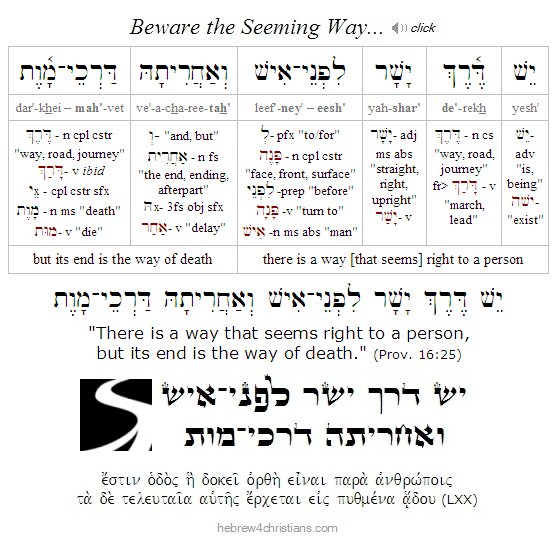|
Knowing something about God is not the same thing as personally trusting Him with your life. The difference between the mere professor and a genuine man of faith is that the latter wrestles through the pain, the ambiguity, the heartache -- yet still holds on to God's love. "Though he slay me, yet I will hope in Him." Of course this does not mean that faith is irrational, since love needs no justification. This works the other way around, too. People who refuse to trust God are seeking ways to justify their spiritual mutiny.
Simply knowing about God can lead to a sense of "distance," to theological abstractions, to dogmas and creedal formulas. More dangerously, the split between the head and heart can lead people to seek emotional satisfaction in things other than a personal relationship with the Living God. Many of our more carnal sins center on the loss of hope for love. Because of our despair, we may return to the old comforts of the flesh, instead of pressing through the immediate desire to discover our longing for eternity, that is, for God's love... I wonder how many sins have been committed because people feel homesick for eternity.
Perhaps the greatest danger is for people to become so numb that they subsist in a state of indifference, no longer concerned about questions of eternal importance. God then becomes "for other people," and the connection between their desire and their deepest need becomes entirely severed. People lose heart and then feel powerless to change. And because they give up hope, they trade their eternal passion for vain trivialities; they become more concerned about television or the outcome of some sporting event than with their eternal souls (Luke 9:25).
There is a way that seems right… even for professing Christians. "Enter by the narrow gate. For the gate is wide and the way is easy that leads to destruction, and those who enter by it are many" (Matt. 7:14). The Christian life is easy if it is merely regarded as "interesting" or "insightful," since then it pleases people and requires nothing in return. It is made even easier when it flatters the ego and tickles the ear in the name of spirituality or religion! However, when the demand comes, when people understand that there is a eternal obligation to authentically live in light of its truth – when they understand that there is a real cost associated with their faith – then the interest quickly fades... Taking up the cross is difficult because the flesh does not want to die... Here is a test case, a way to examine our hearts: "Love your enemies, do good to those who hate you" (Luke 6:27).
Hebrew Lesson
Proverbs 16:25 reading (click for audio):
 |
<< Return
|


